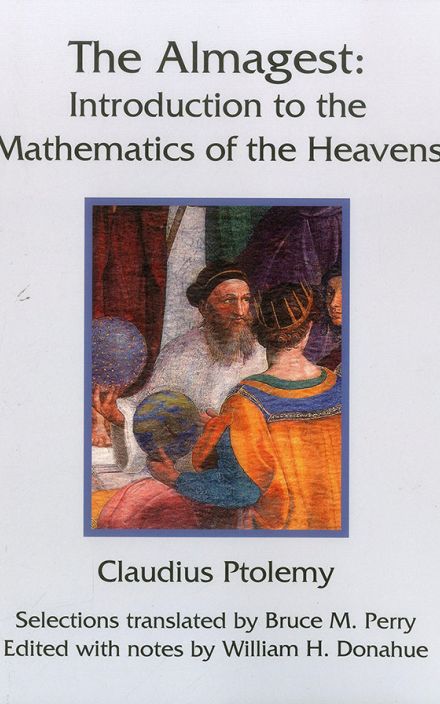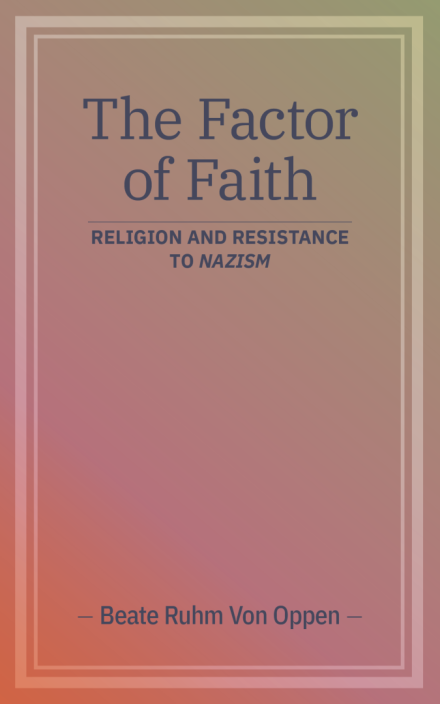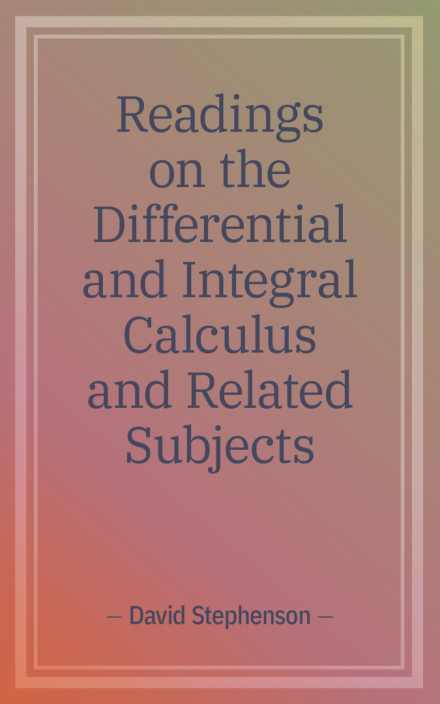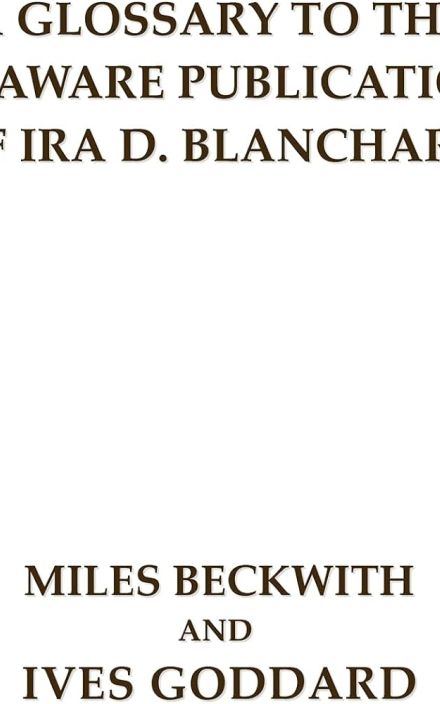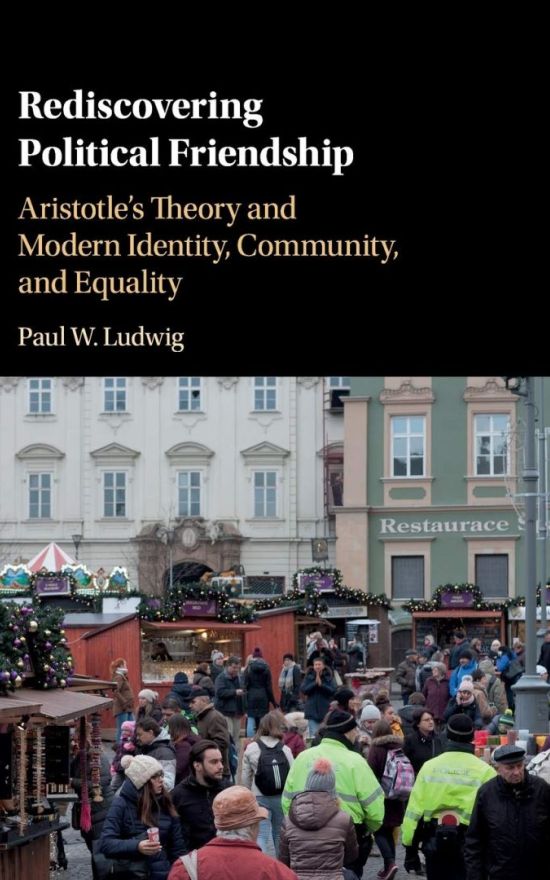
Rediscovering Political Friendship: Aristotle’s Theory and Modern Identity, Community, and Equality
Aristotle argued that citizenship is like friendship, and this book applies his argument to modern society. Modern citizens may lack the concept of civic friendship, but they persist in many practices and passions that were once considered essential to it. Citizens share many similarities with friends: prejudices held in common, favoritism towards each other, and – despite disagreement on specifics – underlying agreement about what is important, such as freedom and equality. In Rediscovering Political Friendship, Ludwig tells us that Aristotle’s theory reminds us that civic friendship is a factual condition of healthy societies, not a pie-in-the-sky ideal. By recognizing when it occurs and understanding it, we can build on it to counteract societal polarization. Civic friendship offers an alternative to populism and nationalism by engaging some of the same passions.



